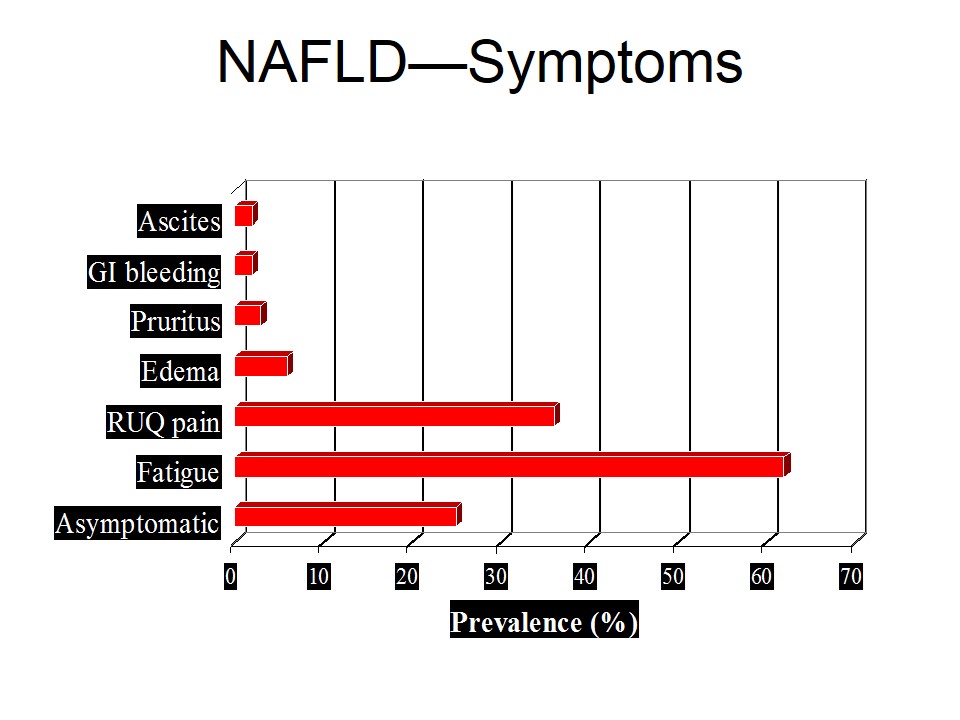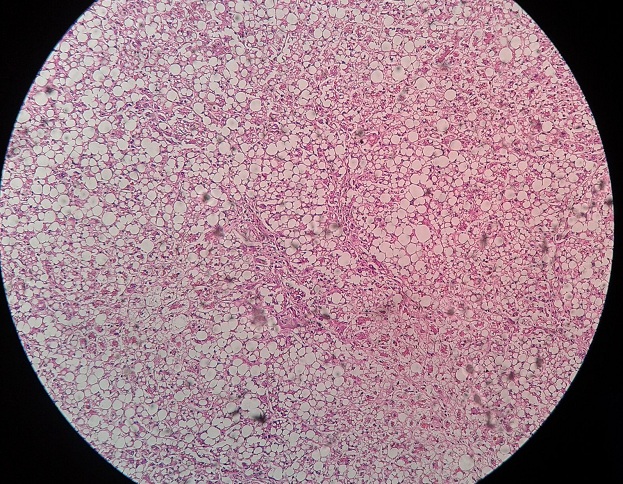Metabolic Syndrome may be defined as:
“It is a combination of medical disorders, that when occurring together increases the risk of developing cardiovascular disease and diabetes mellitus”
International diabetes federation (IDF) worldwide definition 2006
Central obesity and any two of the following:-
1. Raised blood pressure: systolic BP > 130 or diastolic BP > 85 mmHg or treatment of previously diagnosed hypertension.
2. Raised fasting plasma glucose (FPG): > 5.6 mmol/L previously diagnosed diabetes mellitus.
3. Raised triglyceride: > 1.7 mmol/L or specific treatment for lipid abnormality.
4. Reduced HDL-c: < 1.03 mmol/L (Male), < 1.29 mmol/L (Female) or specific treatment for lipid abnormality.
Risk factors
(1) Stress,
(2) Overweight and obesity,
(3) Sedentary lifestyle,
(4) Aging,
(5) Diabetes mellitus,
(6) Coronary heart disease,
(7) Lipodystrophy
(8) Rheumatic disease,
(9) Schizophrenia.
Pathphysiology
Development of visceral fat after which adipocytes of visceral fat causes
- Increased plasma levels of tumor necrotic factor (TNF alpha) which produces inflammatory cytokines
- Alter levels of others substances (Resistin, adiponectin etc)
Prevention and treatment
- Change of lifestyle (walk 30 min per day and decreased carbohydrate intake)
- Treatment of hypertension (diuretics and ACE inhibitor)
- Lipid lowering drugs
- Diabetic control
 howMed Know Yourself
howMed Know Yourself




